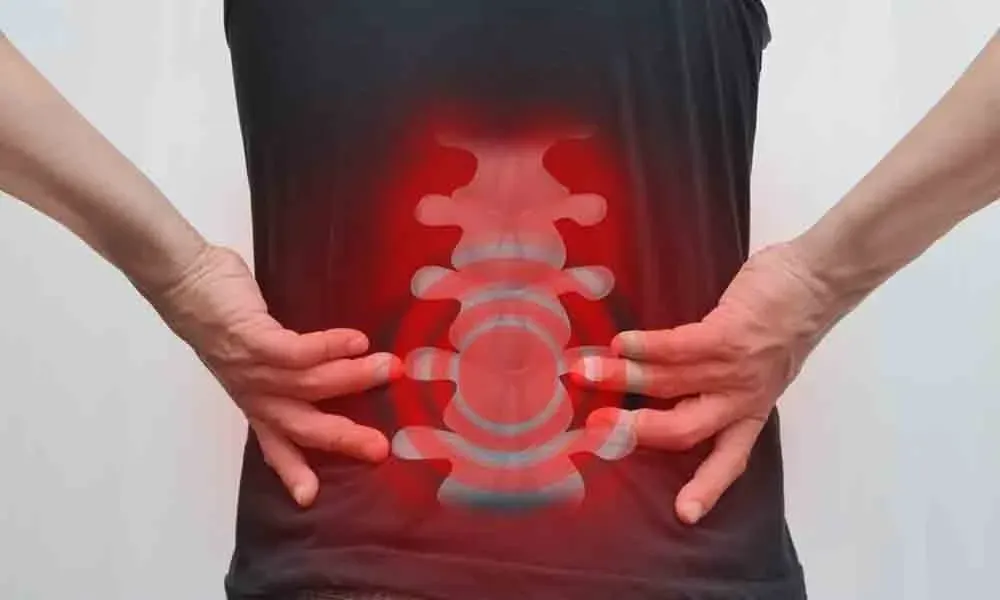Understanding pain is crucial. Exploring treatments like spinal cord stimulation Houston can be a beacon of hope for those in chronic distress. Yet, the maze of medical information can often intimidate more than inform. As a Pain Management Specialist, it’s my job to simplify this maze. Education takes center stage in my practice. Why? It’s simple. Knowledge is power. This power allows patients to make informed choices about their treatments. Let’s unwrap the role of patient education in pain management.
The Power of Patient Education
Knowledge reduces fear. Patients often fear the unknown. Making complex medical data understandable helps lessen this fear. It also promotes a sense of control over their health. This is not just my observation. Studies back this up. The National Center for Biotechnology Information supports this claim.
Patient Education in Action

Take spinal cord stimulation, for example. It’s a treatment for chronic pain. But what does it involve? It’s not just about inserting a device. It’s also about adjusting to a new daily routine. It’s about understanding potential risks. It’s about knowing what to expect during recovery. Explaining these facts is key.
Trust and Rapport
Education breeds trust. It shows patients that their well-being is a top priority. This trust strengthens the doctor-patient relationship. It encourages open dialogue. It fosters better adherence to treatment plans. It leads to better health outcomes.
Comparison of Educated vs. Uneducated Patients
| EDUCATED PATIENTS | UNEDUCATED PATIENTS | |
| Adherence to Treatment Plans | High | Low |
| Level of Anxiety about Procedures | Low | High |
| Patient Satisfaction | High | Low |
As the data shows, educated patients fare better. They adhere to their treatment plans. They have less anxiety about procedures. They express higher satisfaction with their care. The importance of patient education is clear.
In conclusion, education is not just about sharing facts. It’s about empowering patients. It’s about making them active participants in their care. It’s about building trust and rapport. It’s about achieving better health outcomes. It’s a crucial part of a Pain Management Specialist’s practice.

